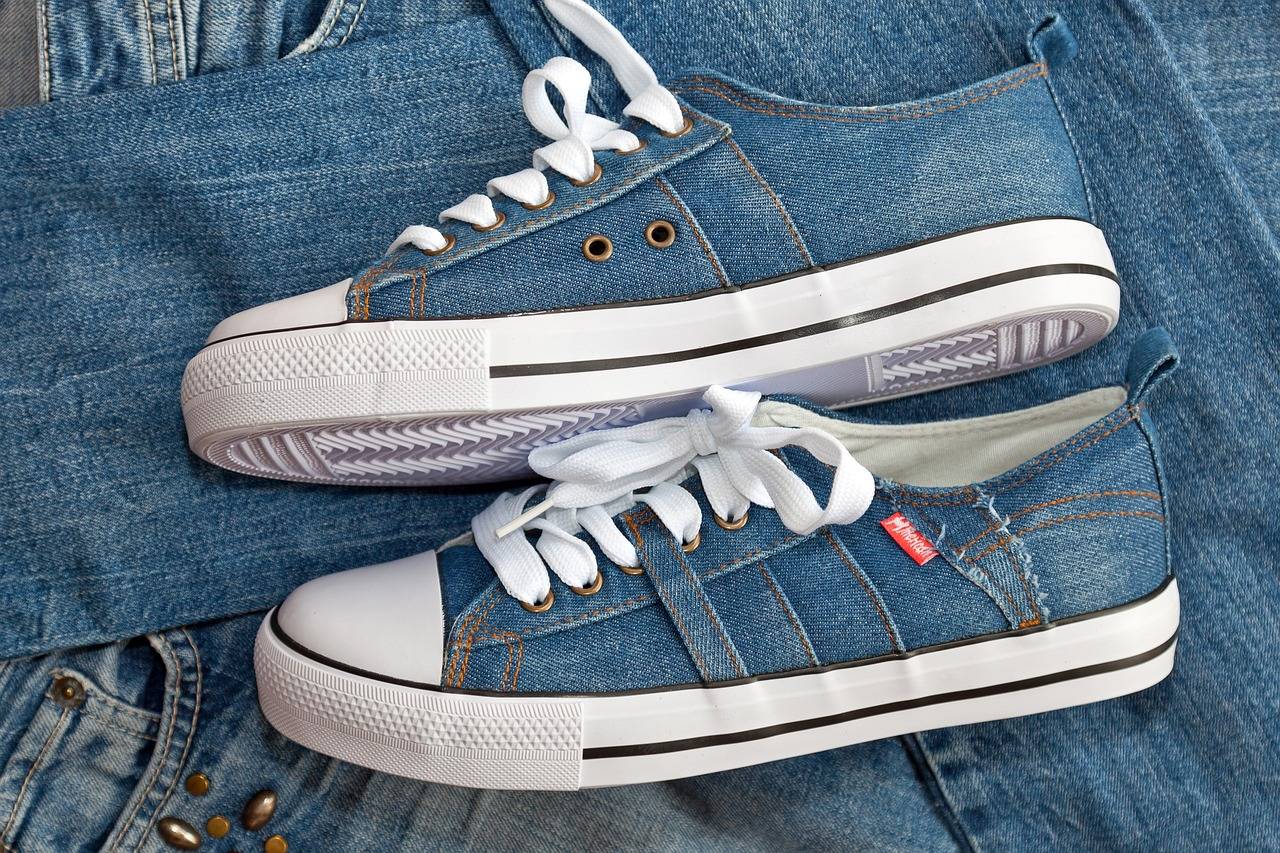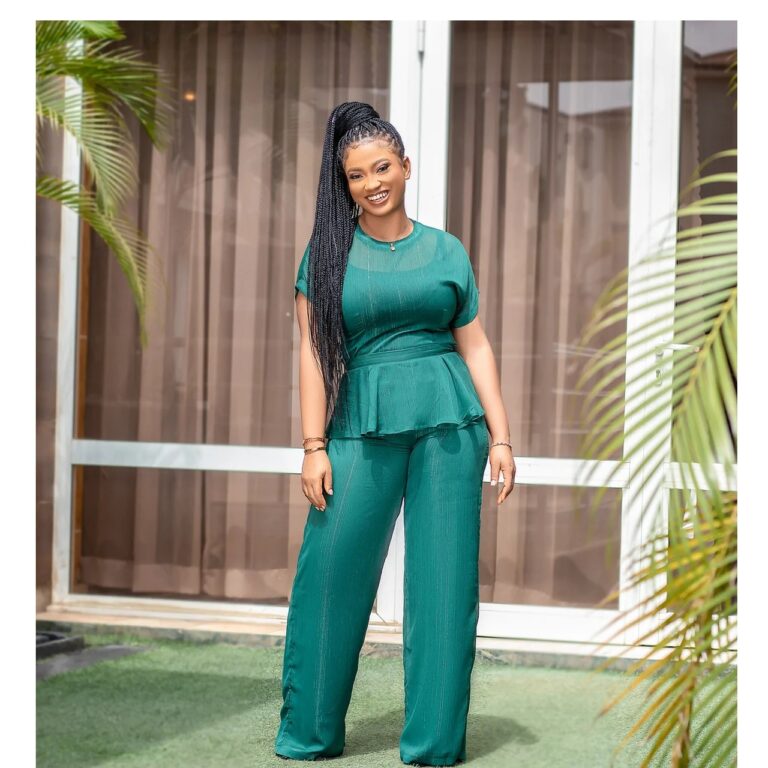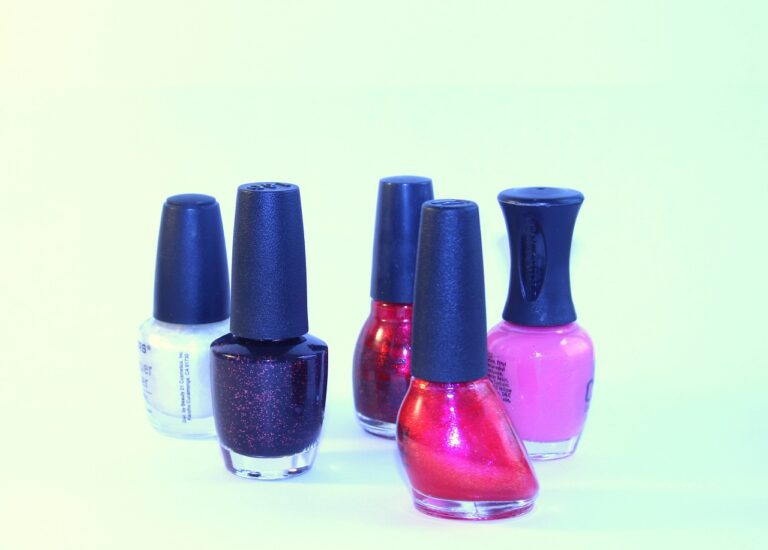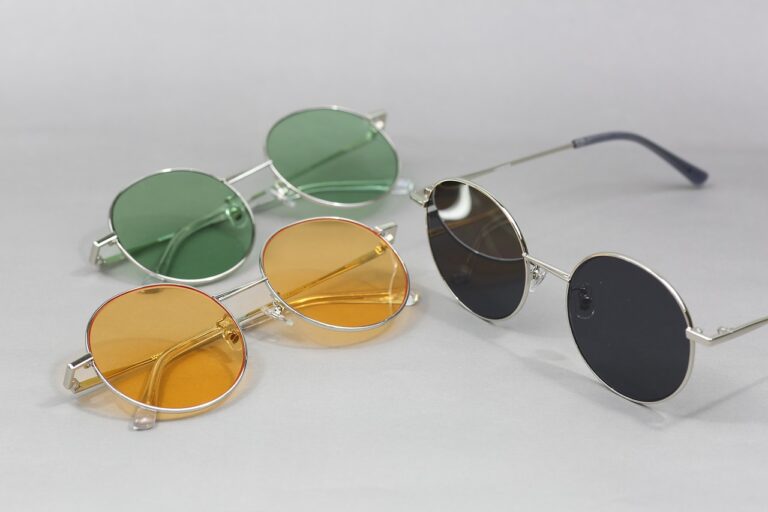Fashion Retailers’ Role in Promoting Sustainable Water Quality Management: 11xplay.online login, Laser book 247.com, Tigerexch247
11xplay.online login, laser book 247.com, tigerexch247: Fashion retailers play a crucial role in promoting sustainable water quality management. The fashion industry is one of the largest consumers of water, with millions of gallons being used in the production of clothing every year. As such, it is essential for retailers to take responsibility for their water usage and implement strategies to minimize their impact on water quality.
Why is sustainable water quality management important for fashion retailers?
Sustainable water quality management is essential for fashion retailers for several reasons. Firstly, water is a finite resource, and many regions around the world are facing water scarcity issues. By promoting sustainable water management practices, retailers can help conserve water resources for future generations.
Secondly, the fashion industry is a major contributor to water pollution. The chemicals and dyes used in clothing production can leach into waterways, contaminating rivers, lakes, and oceans. By implementing sustainable water quality management practices, retailers can reduce their impact on water quality and protect ecosystems.
Finally, consumers are becoming increasingly aware of environmental issues and are more likely to support brands that demonstrate a commitment to sustainability. By prioritizing sustainable water management, retailers can attract environmentally conscious customers and enhance their brand reputation.
How can fashion retailers promote sustainable water quality management?
There are several strategies that fashion retailers can implement to promote sustainable water quality management:
1. Adopting water-efficient manufacturing processes: Retailers can work with their suppliers to implement water-efficient manufacturing processes, such as using recycled water, installing water-saving technologies, and optimizing production schedules to minimize water usage.
2. Using eco-friendly materials: Choosing materials that require less water to produce, such as organic cotton or hemp, can help retailers reduce their water footprint. Additionally, using natural dyes and chemicals can minimize water pollution from clothing production.
3. Implementing water treatment systems: Retailers can invest in water treatment systems to ensure that any water discharged from their facilities is clean and safe for the environment. This can help prevent water pollution and protect aquatic ecosystems.
4. Educating consumers: Fashion retailers can raise awareness about water conservation and quality issues among their customers. By sharing information about the environmental impact of clothing production and the importance of sustainable water management, retailers can empower consumers to make more environmentally friendly purchasing decisions.
5. Collaborating with industry partners: Retailers can collaborate with other stakeholders in the fashion industry, such as suppliers, manufacturers, and nonprofit organizations, to develop and implement best practices for sustainable water management. By working together, retailers can have a greater impact on water quality issues.
6. Monitoring and reporting on water usage: Fashion retailers can track their water usage and monitor their progress towards water conservation goals. By transparently reporting on their water management practices, retailers can hold themselves accountable and demonstrate their commitment to sustainability to stakeholders.
FAQs
1. What can consumers do to support sustainable water quality management in the fashion industry?
Consumers can support sustainable water quality management in the fashion industry by choosing to buy from brands that prioritize environmental sustainability. They can also educate themselves about water conservation issues and advocate for more responsible water management practices in the fashion industry.
2. Are there any certifications that fashion retailers can pursue to demonstrate their commitment to sustainable water quality management?
Yes, there are several certifications that fashion retailers can pursue to demonstrate their commitment to sustainable water quality management, such as the Global Organic Textile Standard (GOTS), the Bluesign system, and the Oeko-Tex Standard 100. These certifications verify that clothing has been produced using environmentally friendly practices, including water conservation and pollution prevention.
3. How can small fashion retailers with limited resources promote sustainable water quality management?
Small fashion retailers with limited resources can still promote sustainable water quality management by starting small and focusing on one or two key initiatives, such as switching to eco-friendly materials or partnering with local water conservation organizations. They can also collaborate with industry peers to share resources and best practices for sustainable water management.







